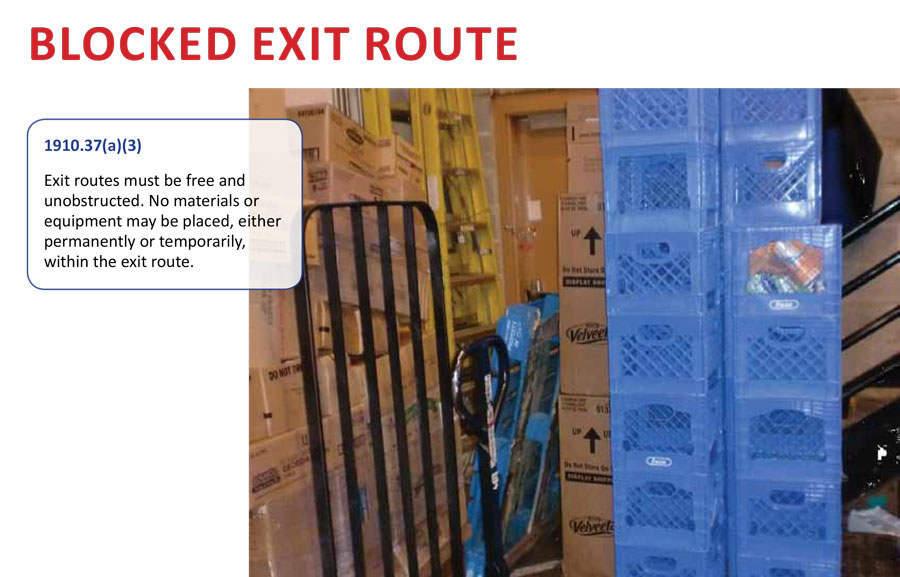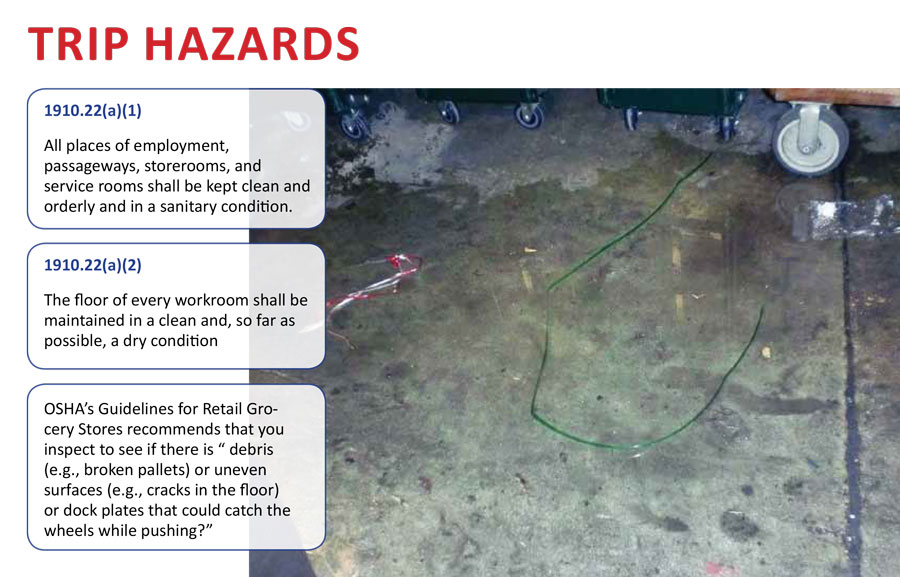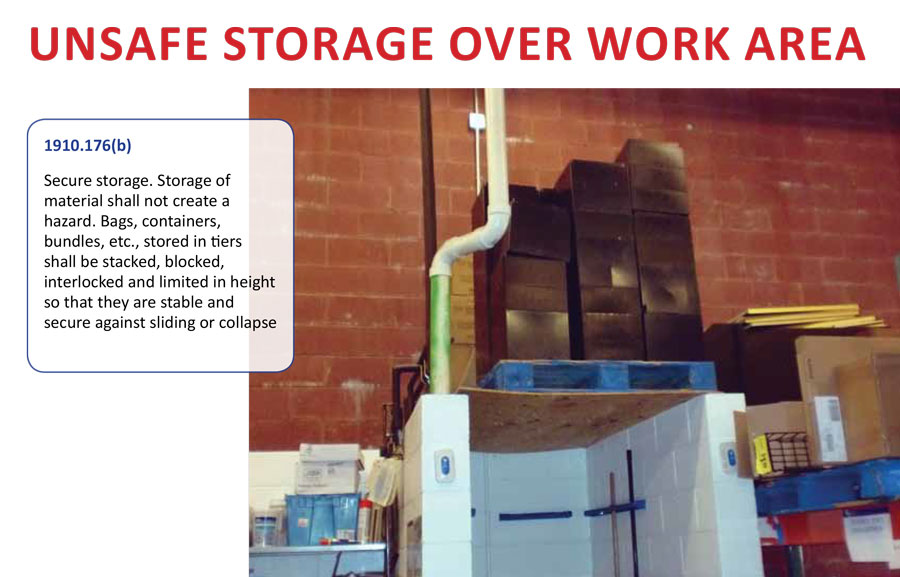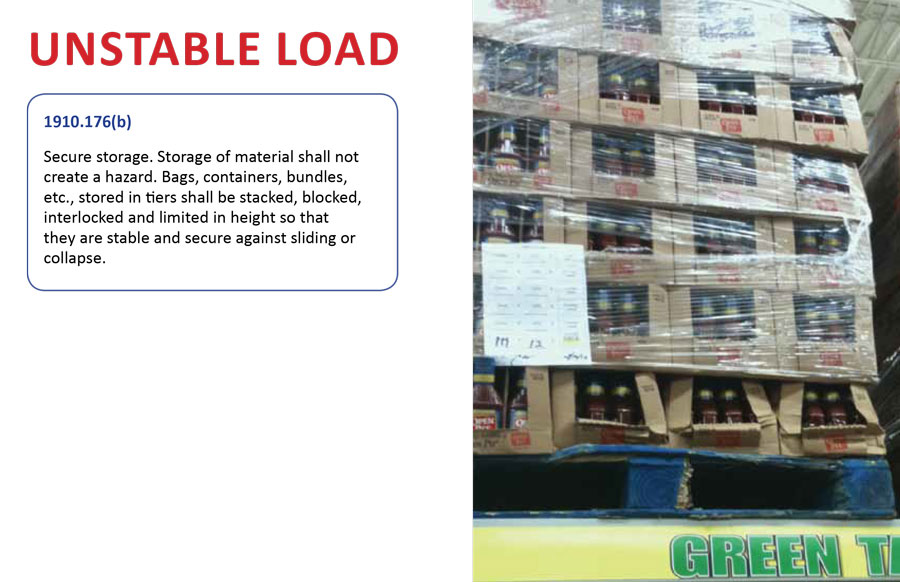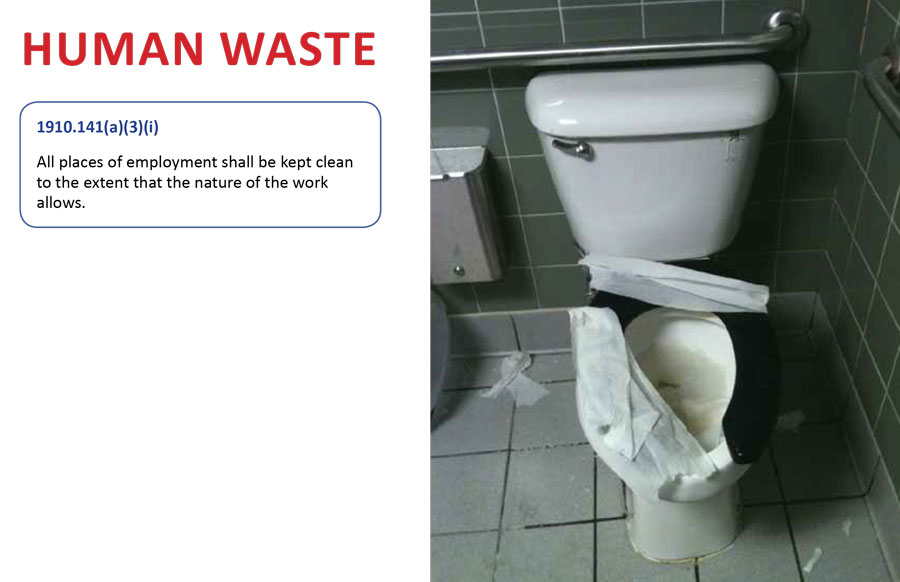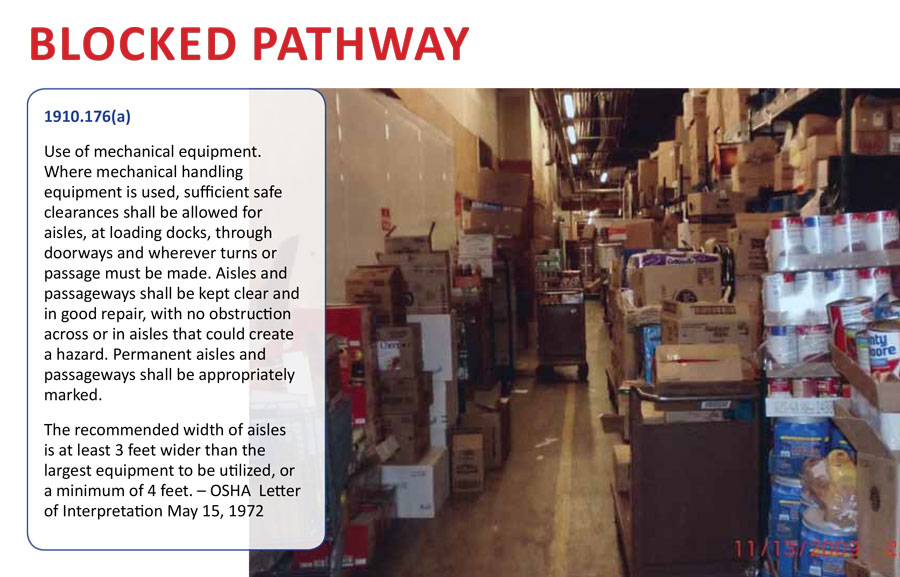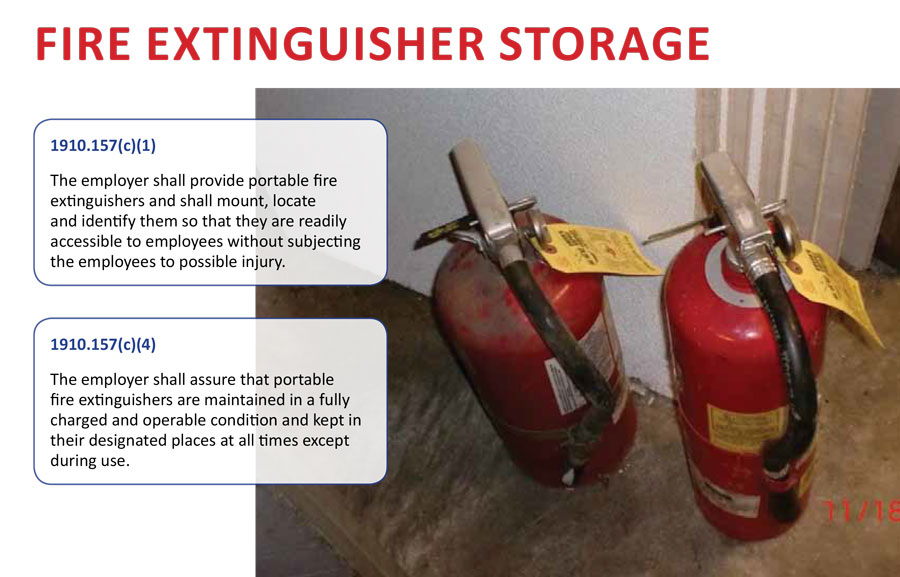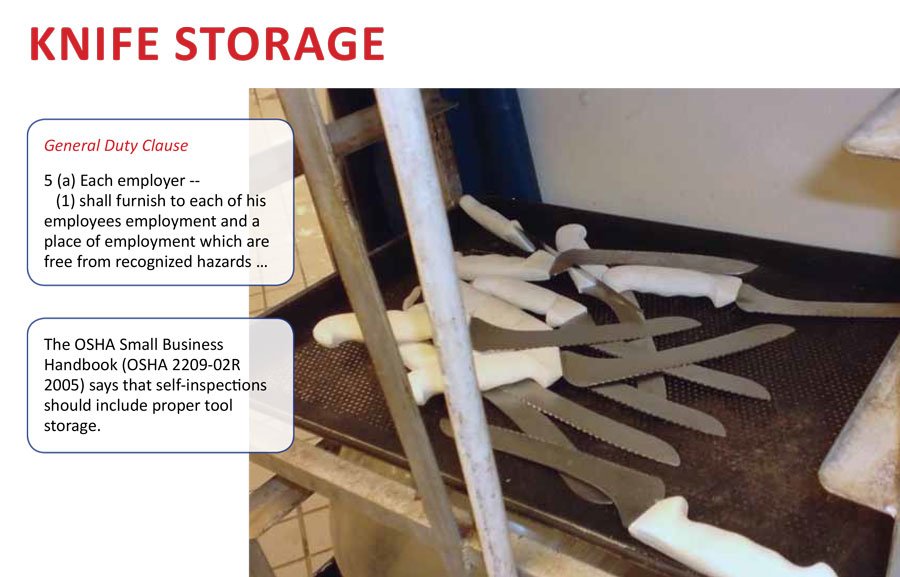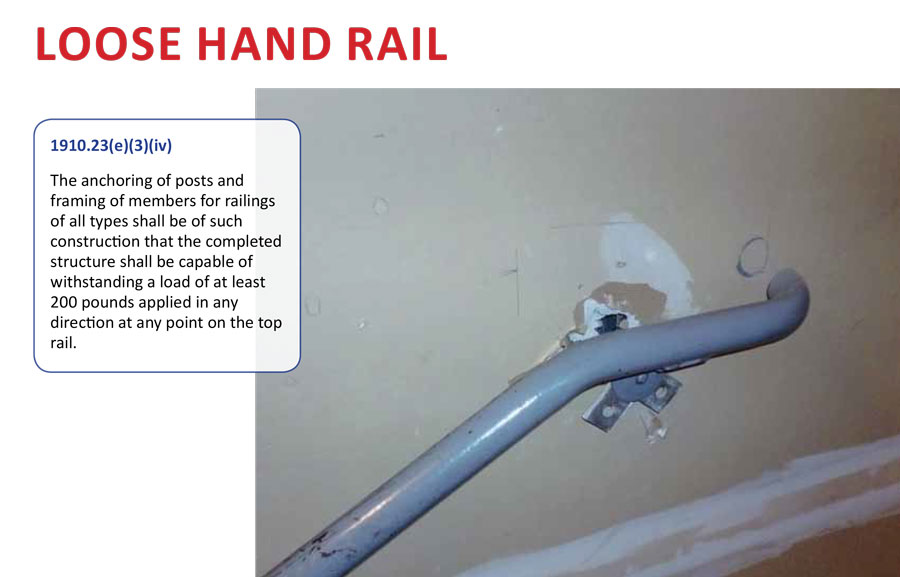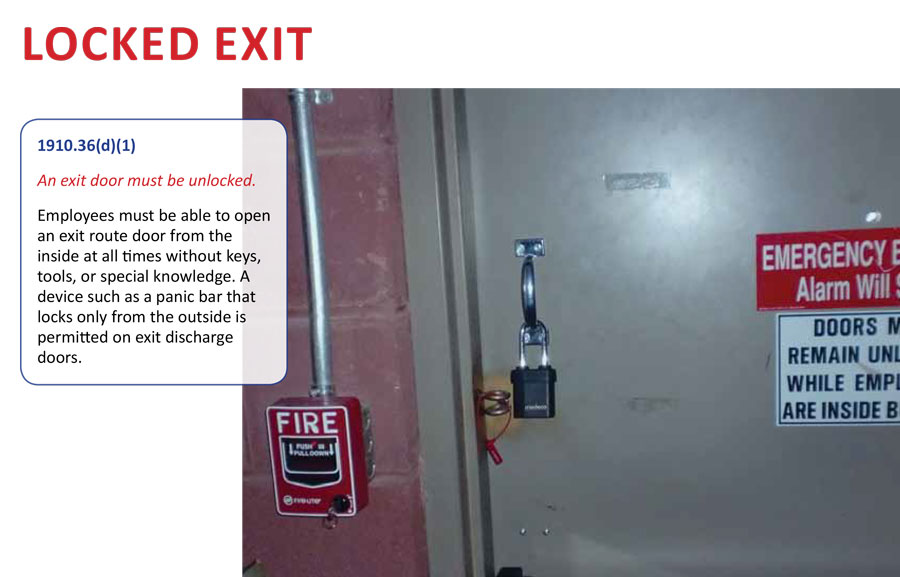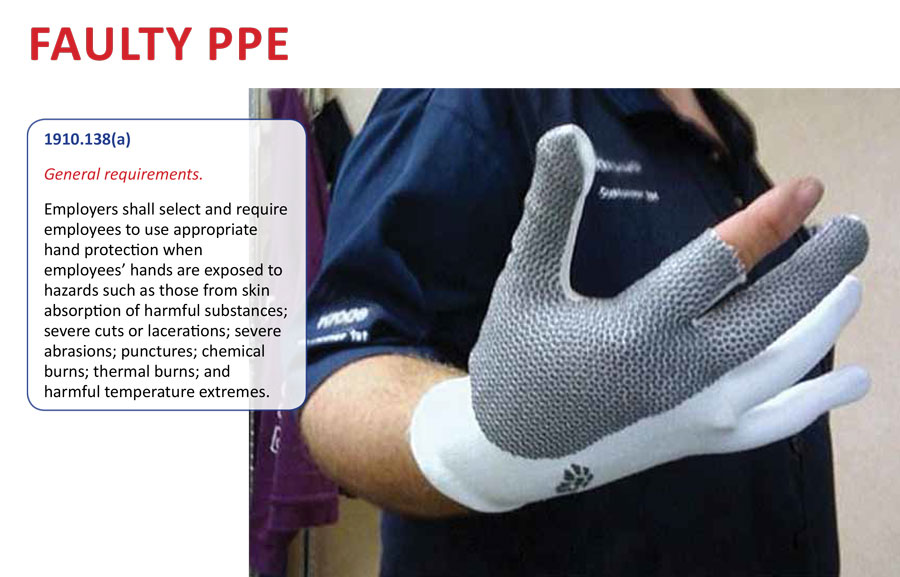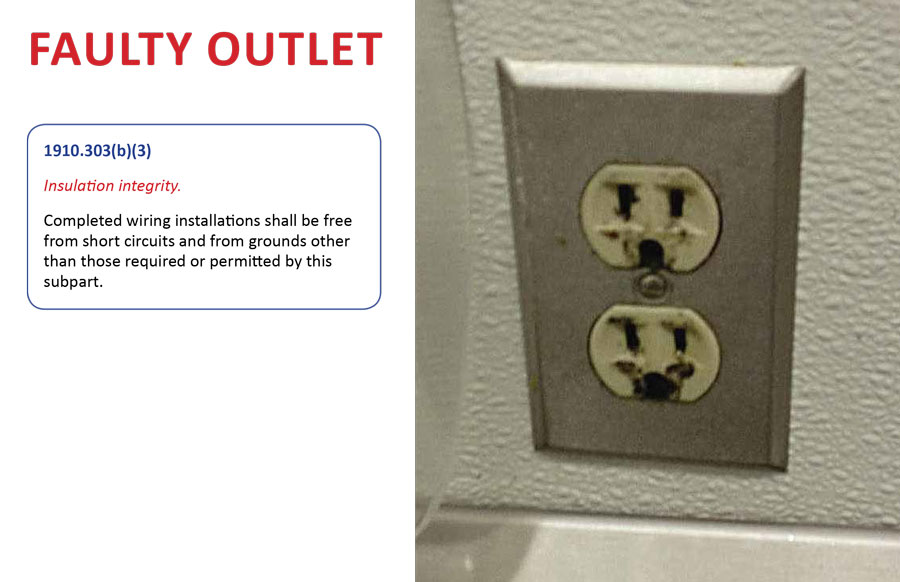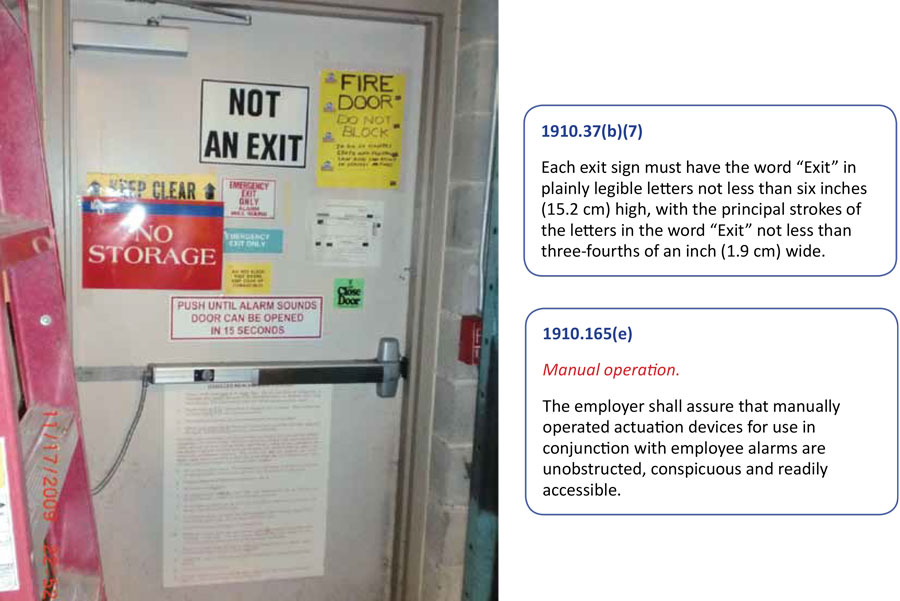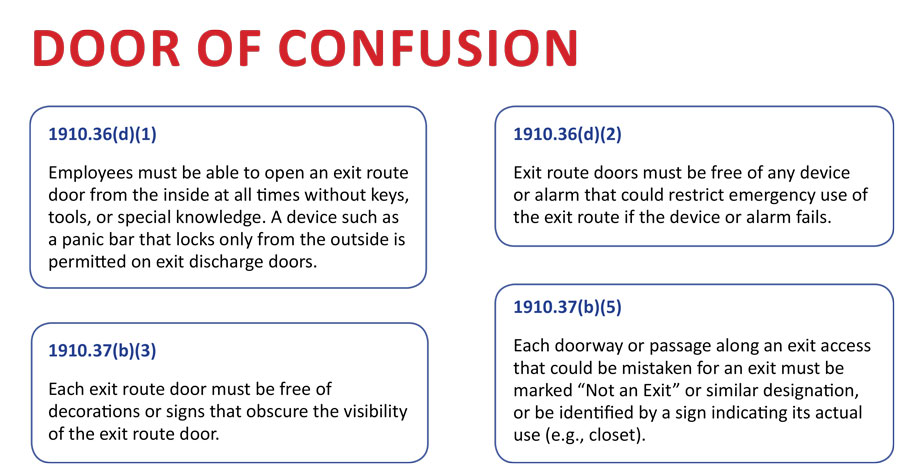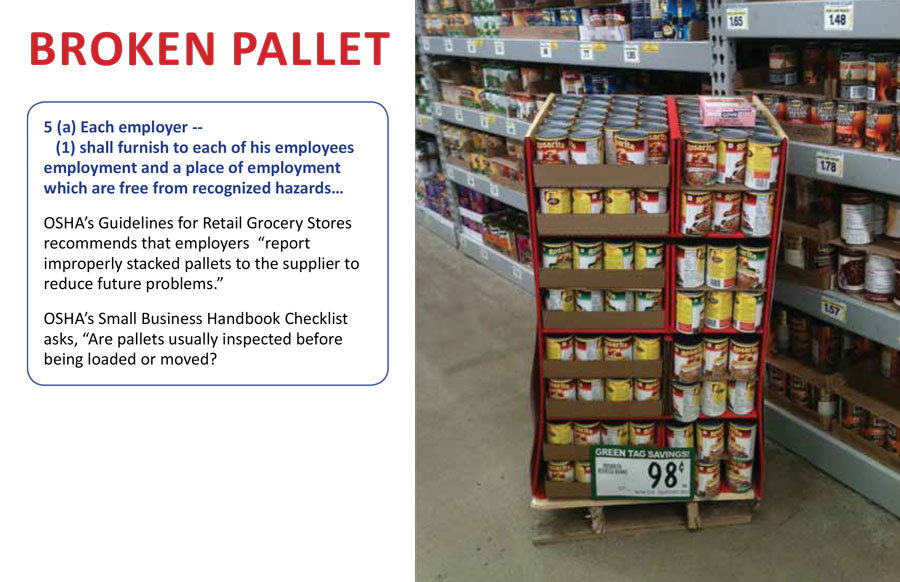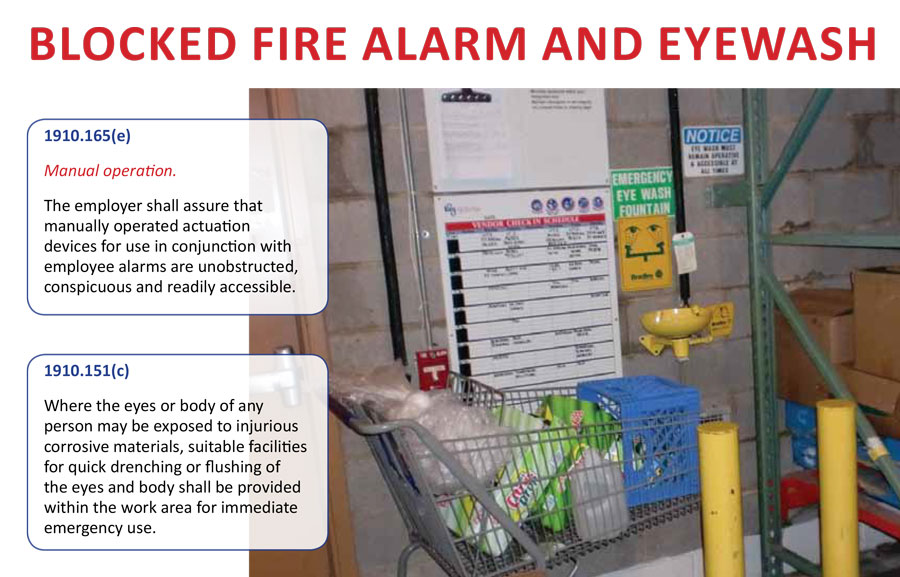July 31, 2014
UFCW President Hansen Statement on Executive Order Creating a Pro-Worker Procurement Process
WASHINGTON, D.C. — Joe Hansen, International President of the United Food and Commercial Workers International Union (UFCW), today released the following statement in response to President Obama’s executive order designed to ensure that the United States only does business with companies that respect workers’ rights.
“The President’s executive order makes clear that the U.S. will not do business with companies that violate our nation’s labor laws. Employers who cheat workers out of wages, fail to provide safe workplaces, and illegally retaliate against those who try to organize a union should never be considered for a government contract. On the other hand, companies that uphold our laws and treat their workers with dignity and respect should be given preference when it comes to federal procurement.
“Today’s announcement builds on years of work by UFCW members and our partner unions to create a system that is fairer for workers and encourages a race to the top when it comes to labor standards. These efforts included a 2013 resolution passed unanimously by delegates to the UFCW convention calling on the creation of a ‘High Road’ procurement process.
“In the last several years, the meat and poultry industries have received over 1 billion dollars from taxpayers. Many workers in these industries work full-time yet are not paid enough to support themselves or their families. They also must endure dangerous workplace conditions and chronic underreporting of injuries by their employers. This executive order sends a message that companies who engage in this type of anti-worker activity must change the way they do business or lose access to their government contracts.
“I want to thank President Obama, Secretary of Labor Perez, and all those involved in crafting this executive order. Today’s announcement is an important first step in ensuring our government is doing everything in its power to protect America’s workers.”
###
The United Food and Commercial Workers International Union (UFCW) represents more than 1.3 million workers, primarily in the retail and meatpacking, food processing and poultry industries. The UFCW protects the rights of workers and strengthens America’s middle class by fighting for health care reform, living wages, retirement security, safe working conditions and the right to unionize so that working men and women and their families can realize the American Dream. For more information about the UFCW’s effort to protect workers’ rights and strengthen America’s middle class, visit www.ufcw.org, or join our online community at www.facebook.com/UFCWinternational and www.twitter.com/ufcw.
July 17, 2014
Safety and Health: Hazards in the Retail Workplace
This guide was created to help make the legal language of the Occupational Health and Safety Administration (OSHA) easier to understand.
We hope the combination of the OSHA standards with photos of hazards will help you spot and eliminate dangerous situations. We invite you to read on and be alert for these hazards in your own workplace. Contact your Union Representative with questions or concerns.
July 17, 2014
The BPA Act: Fighting Breast Cancer among Women in Manufacturing

BPA is a toxic chemical that has been linked to increased rates of breast cancer among women in many job sectors, including food packing. (Infographic by the BlueGreen Alliance & UFCW)
Even today, women who work in middle-class jobs across America face pronounced barriers and gender discrimination in the workplace, as exemplified by the recent Demos report on gender inequality in retail wages. However, workplace inequality can manifest in other, more subtle ways – such as the manufacture of products containing Bisphenol-A, or BPA.
BPA is an endocrine disrupting chemical, which alters hormone production and behavior, disrupting the body’s normal functions. In a 2012 six-year study, BPA was found to have a pronounced effect on women who work in the automotive plastics and the food packaging industries.
These women are five times more likely to have breast cancer than women who work in other industries.
BPA, which is found in the epoxy lining of the metal food can and released into the air during the food canning process, was banned by the FDA in the manufacture of baby bottles, sippy cups and infant formula packaging. Many private companies have taken further steps to remove BPA from products. However, BPA exposure is still a problem for thousands of manufacturing and packaging workers in America.
In order to address this problem, the UFCW has joined allies such as the Communications Workers of America, the United Steelworkers, and the United Automobile Workers in supporting the Ban Poisonous Additives Act, or the BPA Act.
The BPA Act would remove BPA from food packaging, encourage the development of safe alternatives, and ensure a thorough safety review of all currently used substances in food and beverage containers. It is currently in committee in the House, where it needs to be passed by the House and the Senate and approved by the President before it becomes a law.
This brochure, produced by the BlueGreen Alliance and UFCW, contains useful information about the growing problem of breast cancer among working women.
July 15, 2014
Roll Call: Ban BPA and Other Toxic Chemicals
In 2012, a six-year study was published that examined the occupational history of more than 1,000 women, finding that those who worked in the automotive plastics and in the food packaging industries were five times more likely to develop premenopausal breast cancer than women in the control group. One of the main chemicals used in their workplaces? Bisephenol A, better known as BPA.
Two years earlier, the President’s Cancer Panel, an advisory committee attached to the National Cancer Institute, identified a variety of toxic chemicals, including BPA, that may be causing “grievous harm.”
And yet this chemical is still in products Americans consume every day.
BPA is used to make plastics and resins in thousands of consumer products, including food packaging, despite the fact that it poses serious health risks for consumers, workers and children.
The dangers of BPA have been well demonstrated. Exposure, even at minimal levels, has been linked to numerous health problems, including breast cancer, altered fetal development, infertility and behavioral changes.
The list of items that contain BPA is long, but progress by the Food and Drug Administration to adequately protect consumers has been slow and inadequate. In the wake of strong pressure from lawmakers and the public and changes in industry practices, the FDA has banned BPA from baby bottles, sippy cups and infant formula packaging. Many private retailers and manufacturers have also banned BPA in food containers for young children. But much more is needed.
In order to fully protect children from exposure to BPA, we must also protect pregnant women and all of the foods they and young children may ingest. BPA is still used in all sorts of other food packaging, exposing not only those who consume those products, but also the factory workers who assemble them, to harmful levels of BPA.
That is why recently we introduced the Ban Poisonous Additives Act, which would remove BPA from food packaging, encourage the development of safe alternatives, and ensure a thorough safety review of all substances currently used in food and beverage containers. The bill also explicitly requires the FDA to examine the effects of BPA on the workers who may be disproportionately exposed to BPA during the manufacturing process.
The BPA Act is supported by numerous public health and cancer advocacy organizations, as well as United Food and Commercial Workers International Union, the Communication Workers of America, the United Steelworkers and the United Automobile Workers, who represent the workers who handle BPA on a daily basis.
We join with this broad coalition of consumers, workers and families who are calling for action. Banning BPA from food and beverage containers is common sense, and everyone will be safer for it.
Sen. Edward J. Markey is a Democrat from Massachusetts, Rep. Lois Capps is a Democrat from California and Rep. Grace Meng is a Democrat from New York.
June 27, 2014
Workers in Mountaire Farms Plant Unite for a Voice

Workers, allies, and members of Local 1208 take a stand in front of the Mountaire plant in Lumber Bridge, NC on June 24, 2014.
Workers at a Mountaire Farms poultry plant in Lumber Bridge, NC, are uniting together and organizing themselves into a union in order to ably negotiate fair wages, benefits, and better working conditions. With the help of activists from UFCW Local 1208, the group has shown substantial progress in garnering support from coworkers, with at least 700 workers (out of 2000 workers at the plant) expressing support for a union.
Workers like Jasmine Isom, a Mountaire Farms worker and mother, have reported being subjected to extreme heat on the job, discrimination, intimidation, low wages, and denied access to emergency health care following on-the-job injuries. The poor working conditions are a major factor in the need for workers to join together to improve conditions at the poultry plant.
Local 1208 President Keith Ludlum, who helped organize his co-workers into a union in the nearby Smithfield Processing Plant, noted that it took 16 years to organize within the Smithfield plant and committed to doing “whatever it takes” to fight for workers.
The right to form a union is critical to ensuring that workers have a voice on the job, and utilizing that right is the best way for many to ensure they get fair pay and just treatment while at work. The Mountaire workers in Lumber Bridge are the latest newcomers to the millions of workers across the country that are seeking for and finding that voice.
June 23, 2014
CertainTeed Workers Say “Yes” to a Union Voice with the Chemical Workers

Eighty workers at the CertainTeed drywall plant in West Virginia, voted to have a union voice and joined UFCW Local 45C. Pictured left to right: Ron Moore, Andrew Gaiser, Josh Mazey, Carl
Sweeney, Lance Heasley.
Eighty workers at the CertainTeed drywall plant in Proctor, West Virginia, voted “Union Yes” on June 6 to join the International Chemical Workers Union Council.
Lance Heasley is a former steward and member-activist with UFCW Local 45C and works as an instrument technician at Axiall, where he and his fellow union members make chlorine and other caustic chemicals. Many of them, including Lance, live side-by-side with workers at the CertainTeed and know each other socially. So, when Lance heard his friends and neighbors talk about how hard it could be working at CertainTeed, he started talking to them about the difference a union could make.
He began to go out of his way to have conversations with CertainTeed workers and slowly built a committee of interested workers. He reached out to the ICWUC organizing department and worked with them to sign up CertainTeed workers on authorization cards. Workers began texting and calling each other and holding meetings to talk about the need for a union at CertainTeed. One of those workers was Carl Sweeney.
One of the major issues for Carl was being able to speak up and speak out without fear of retaliation. “I wanted to go to work every day and not worry about what I said or if I’d be the next one out because someone didn’t like me,” said Carl. “I wanted to speak up when I saw something unsafe and know the problem would be fixed, not seeing me as the problem for bringing it up.”
As soon as the CertainTeed workers filed with the National Labor Relations Board for an election, the company brought in an anti-union law firm and began holding mandatory anti-union meetings and one-on-one sessions to persuade workers to back down. But they stood strong and stayed united, despite company attempts at intimidation.
“I knew I could lose my job, but I also knew something had to change,” said Carl. “We had to stick together, stay united, to make CertainTeed a better place to work.”
That work paid off and Carl and his coworkers are looking forward to addressing their concerns at the bargaining table – including rapidly rising healthcare costs, favoritism, and safety concerns in the workplace.
April 28, 2014
On Workers’ Memorial Day, UFCW Continues to Fight for Workplace Safety
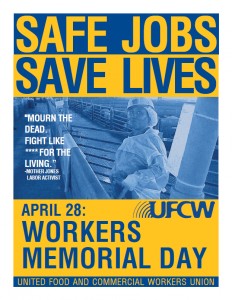 Today on April 28—Workers’ Memorial Day—the UFCW will join workers in the U.S. and around the world to honor the thousands of workers who have been killed on the job and the millions of workers who have suffered from injuries, sickness or diseases in their places of work.
Today on April 28—Workers’ Memorial Day—the UFCW will join workers in the U.S. and around the world to honor the thousands of workers who have been killed on the job and the millions of workers who have suffered from injuries, sickness or diseases in their places of work.
While decades of struggle by workers and their unions have resulted in significant improvements in working conditions, too many workers here in the U.S. and around the world are suffering or dying on the job. Last April, our sisters and brothers who worked at the Rana Plaza garment factory in Bangladesh were told to report to work in a building that had severe structural cracks and over 1,100 workers lost their lives when the building collapsed. A year later, thousands of workers in Bangladesh continue to work in dangerous conditions and for meager wages, and survivors of the Rana Plaza tragedy are still suffering from their injuries and loss of income. Here in the U.S., according to the Bureau of Labor Statistics, over 4,000 workers lost their lives on the job in 2012 alone.
Workers everywhere deserve a safe place to work, and those corporations that exploit workers for profit and put them in danger must be held accountable. As we observe Workers’ Memorial Day, the UFCW takes to heart the words of activist Mother Jones to “pray for the dead and fight like hell for the living” by reaffirming our dedication to supporting workers here in the U.S. and around the world who are fighting to uphold their basic rights – including safe jobs, workplace fairness and collective bargaining.
April 15, 2014
UFCW Releases 2013 Congressional Scorecard
The UFCW has released a scorecard for the first session of the 113th Congress. Members of both the House and Senate were graded on a series of bills that impacted workers and their families.
The House of Representatives scorecard included measures to gut workers’ rights, end the government shutdown, and reauthorize the Violence Against Women Act.
The Senate scorecard included votes on comprehensive immigration reform, the Employment Non-Discrimination Act, and the confirmation of both Secretary of Labor Tom Perez and three pro-worker nominees to the National Labor Relations Board.
The UFCW is committed to holding elected officials accountable for their actions.
To see how members of Congress voted, click here.
April 14, 2014
Washington Post: Did USDA mislead the public, Congress about injury risks for poultry workers?
By Kimberly Kindy
It’s being called an ‘interagency throw down.’
The National Institute for Occupational Safety and Health, and the U.S. Department of Agriculture officials are publicly feuding over the results of a study that found the same double-digit injury rates among poultry plant workers both before and after processing lines had accelerated.
USDA officials are pointing to the study as evidence that a new poultry inspection program it hopes to finalize — which would allow line speeds to rise by as much as 25 percent — would not cause further injuries to workers.
In a March 26 blog post, USDA Food Safety and Inspection Service director Al Almanza said the study shows line speed increases are “not a significant factor in worker safety.” USDA officials have offered a similar interpretation to members of Congress and the Inter-American Commission on Human Rights over the past several weeks.
However, NIOSH Director John Howard chastised USDA officials, last week, saying he was “quite surprised” by the agency’s assertions. “It’s impossible to draw a conclusion about the impact of line speed changes on worker health” from the NIOSH study,” Howard said in a letter to Almanza, adding that to do so “is misleading.”
Howard said NIOSH “found an alarming 42% prevalence of carpal tunnel syndrome” among workers during its first assessment at a plant in South Carolina. When NIOSH returned a second time, some 10 months later, they were not surprised to find the injury rates were about the same. Too little time had passed, Howard said, and the plant had made important adjustments, actually reducing the number of birds each worker had to process from 180 birds per minute to 175 birds per minute.
“Given what NIOSH observed upon its second visit relative to changes made to the production lines, NIOSH would not have expected to find an increase or a decrease in musculoskeletal symptom prevalence,” Howard wrote in his April 7 letter.
Rep. Rosa DeLauro, (D-Conn.) — who opposes the new inspection system — has also waded into the interagency fight over the study. “As I said at the time, this report does not prove what USDA claimed it proved,” DeLauro said in a statement. “Director Howard’s letter calls attention to the fact we need more, and better, data before moving forward with changes to our poultry processing system that could harm the public health.”
Howard’s letter was also posted last week on the Centers for Disease Control and Prevention Web site. On Friday, and over the weekend, worker rights groups, animal welfare organizations and unions that oppose the proposed poultry inspection program e-mailed the letter to its members and to the media.
“Inter-agency Throw Down!” wrote Public Citizen spokesman Ben Somberg in an e-mail that linked to the letter.
“The USDA deliberately misread worker health safety research in order to fast-track a rule that provides for stepped-up poultry industry self-regulation,” wrote Vaishali Honawar, an editor with the Humane Society of the United States.
“USDA is using this study to justify the poultry modernization rule but NIOSH clearly disagrees,” wrote Tim Schlittner, spokesman for the United Food and Commercial Workers Union (UFCW) in e-mail.
The USDA’s Food Safety and Inspection Service (FSIS) is not backing down from its take on the study.
In response to Post inquires about the squabble, the USDA provided the following prepared statement: “The fact is that the NIOSH study showed, and NIOSH’s follow-up letter confirms, that increased line speed at this plant did not result in an increase in injuries.”
USDA officials said they came to their conclusions based in part on language from the NIOSH study, which said, “The prevalence of hand and wrist symptoms (pain, burning, numbness, or tingling) was similar for both evaluations.”
Agency officials also said they expect that the changes that were made at the plant in the study, which reduced the number of birds workers had to process, would also take place at plants that adopted the new inspection program. “The report also illustrates that a plant can adjust its processing so that increased line speeds do not necessarily lead to more birds being processed per worker, another fact FSIS has continued to point out,” the USDA statement said.
The new inspection program was first proposed two years ago, but it has not been finalized due in part to opposition from members of Congress, unions, worker and animal rights groups.
The proposal has been controversial because about 40 percent of government inspectors would be replaced with plant employees, leading some groups to say it would largely privatize poultry inspections. Also, animal rights and worker rights groups are concerned that conditions for both the birds and the workers would become worse if line speeds accelerated.
© The Washington Post Company
April 9, 2014
New Government Study Confirms Dangers of Working in Poultry Industry
WASHINGTON, DC—A new study released by the National Institute for Occupational Safety and Health (NIOSH) confirms what workers in the poultry industry have been saying for decades—it is among the most dangerous places to work in America.
Among the key findings of the report:
- 42 percent of workers had evidence of carpal tunnel syndrome
- 41 percent of workers performed daily tasks above the threshold recommended by industry experts
- 57 percent of workers reported at least one musculoskeletal symptom
The report was commissioned to allay safety concerns about the United States Department of Agriculture’s (USDA) proposed poultry modernization rule, which would increase the speed that birds are processed from 70-91 a minute to a maximum of 175 a minute. Yet the drastic level of injury documented by NIOSH occurred before lines were ever speeded up.
“One injury is one too many,” said UFCW International President Joe Hansen. “Four out of ten workers with carpal tunnel. Nearly six out of ten showing symptoms. This is an epidemic.”
Hansen said the industry, which has fought efforts to give workers a union voice on the job, should stop dragging its feet and adopt the recommendations outlined in the NIOSH report. They include but are not limited to: designing job tasks at the levels recommended by industry experts, providing more than one break during a work shift, and enhancing reporting, screening, and assessment of musculoskeletal disorders.
Hansen called the idea of proceeding with the poultry modernization rule “reckless” given the current rash of injuries across the industry. “The USDA must pull this rule and take a hard look at how to improve safety in our nation’s poultry plants,” he said. “This NIOSH report is both a wakeup call and a warning sign.”
By increasing line speed so dramatically, workers will be at heightened risk of repetitive motion related injuries. Despite this fact, the Occupational Safety and Health Administration (OSHA) has yet to develop a standard that would adequately protect workers.
Hansen said the rule should be scrapped until poultry workers can be guaranteed a safe work environment.
###
The United Food and Commercial Workers International Union (UFCW) represents more than 1.3 million workers, primarily in the retail and meatpacking, food processing and poultry industries. The UFCW protects the rights of workers and strengthens America’s middle class by fighting for health care reform, living wages, retirement security, safe working conditions and the right to unionize so that working men and women and their families can realize the American Dream. For more information about the UFCW’s effort to protect workers’ rights and strengthen America’s middle class, visit www.ufcw.org, or join our online community at www.facebook.com/UFCWinternational and www.twitter.com/ufcw.

